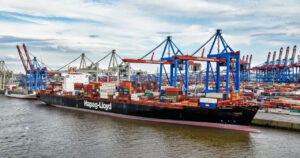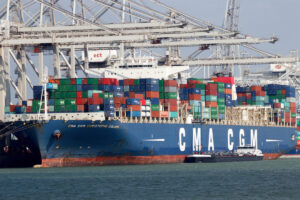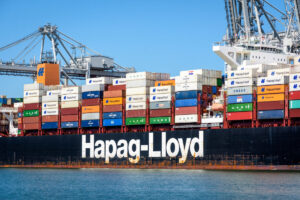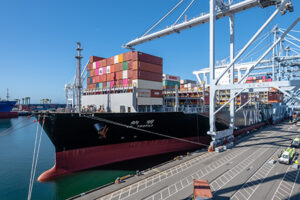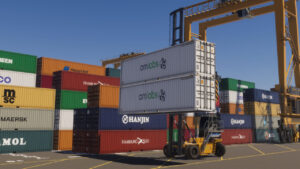The Digital Container Shipping Association (DCSA) has published interface standards and messaging application programming interface (API) specifications for all 50 event timestamps defined in its port call data definitions.
These port call data definitions address the six main parts of a port call:
- Berth arrival planning
- Pilot boarding place arrival and service planning
- Pilot boarding place and berth arrival execution
- Start cargo operations and services
- Services and port departure planning
- Port departure execution
The published interface standards allow carriers, ports, terminals, and other service providers involved in port calls to exchange data in a uniform way, enabling automatic data exchange. Additionally, they support digital port call planning, increased operational efficiency and optimal resource utilisation.
The DCSA collaborated with the Internal Taskforce Port Call Optimization (ITPCO) and the International Maritime Organization (IMO) to align port call data definitions to existing standards. The standards are currently being tested by carriers, ports, terminals, and other service providers around the globe.
“Achieving just-in-time port calls requires accurate, real-time communication between carriers, ports and terminals,” said Phanthian Zuesongdham, Head of Division Port Process Solution for the Hamburg Port Authority.
“DCSA digital standards are key to enabling this level of communication on a global scale. We are excited to be part of this effort to test the efficacy of their standards for optimising a very important container shipping process. As Germany’s leading transshipment hub, this collaboration is another example of our ongoing effort to maintain and extend our leadership position by adopting state-of-the-art technologies and fostering innovation for our business and the industry at large.”
Thomas Bagge, CEO of the DCSA, added “Customers of shipping services want visibility and predictability, having a complete set of standards for port calls is an important step towards improving the efficiency and accuracy of data exchange between all parties. The port call is the perfect way to showcase how critical it is to have an interoperable technology framework that enables seamless communication and cross-stakeholder collaboration.
“By adopting DCSA standards for just-in-time port calls, operational vessel schedules and track & trace, the industry will see an emerging digital ecosystem where these activities turn into collaborative, data-driven, digital processes. Carriers, ports, terminals, service providers and customers of container shipping alike will gain efficiency, cargo visibility and cost savings.
“Digitalisation also improves sustainability through better communication and planning, thereby reducing fuel consumption, greenhouse gas emissions and paper waste. We are committed to helping all industry stakeholders adopt DCSA standards and realise value for their organisations.”
DCSA Port Call Data Definitions can be freely downloaded from the DCSA website.
This follows the news that the DCSA released version 2.2 of its Track & Trace Interface Standard for customer-facing events. Announced in October 2021, the updated version includes the DCSA Subscription Callback API, which allows customers to subscribe to receive automatic updates of shipment events from carriers.


